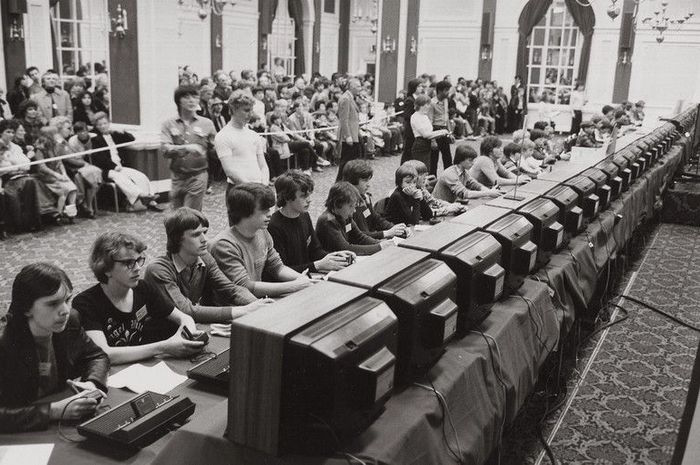In the ever-evolving landscape of online gaming, the advent of 5G networks. technology has emerged as a game-changer, quite literally. The transition from 4G to 5G networks brings forth a paradigm shift in the way gamers experience and engage with their favorite titles. From reduced latency to enhanced connectivity, let’s delve into the transformative impact of playing games on a 5G network.

1. Ultra-Low Latency: Gaming at the Speed of Thought
One of the standout features of 5G networks is their ultra-low latency, a critical factor in online gaming. Latency refers to the delay between a player’s action and the corresponding response in the game. With 5G, this delay is minimized to a fraction of what it was with 4G, offering an almost instantaneous response time. Gamers can now experience fluid, real-time interactions, making actions feel more immediate and responsive.
2. High-Speed Downloads and Seamless Updates
Downloading large game files and updates has always been a concern for gamers, often leading to long waiting times. 5G’s significantly higher download speeds alleviate this issue, allowing gamers to quickly download games and updates without extended delays. This ensures that players can jump into their favorite games faster, keeping them immersed in the gaming experience without the frustration of prolonged waiting periods.
3. Enhanced Multiplayer Experiences
5G’s increased bandwidth and network capacity pave the way for more immersive multiplayer experiences. Gamers can now engage in large-scale battles, expansive virtual worlds, and complex multiplayer scenarios with unprecedented ease. The enhanced connectivity fosters smoother interactions between players, creating a more dynamic and engaging gaming environment.
4. Mobile Gaming Redefined
For mobile gamers, 5G opens up new possibilities. With higher data speeds and lower latency, mobile gamers can enjoy graphics-intensive games, real-time multiplayer battles, and augmented reality experiences seamlessly on their smartphones or tablets. The era of mobile gaming being considered a secondary platform is giving way to a more robust and competitive mobile gaming landscape.
5. Cloud Gaming: Anytime, Anywhere
5G’s capabilities are particularly advantageous for cloud gaming services. These platforms leverage the power of remote servers to process game data, allowing players to stream high-quality games directly to their devices. With 5G, the potential for uninterrupted, high-fidelity cloud gaming experiences becomes more accessible, freeing players from the constraints of device specifications.
Conclusion
In the realm of online gaming, the transition to 5G networks marks a monumental leap forward. The combination of ultra-low latency, high-speed downloads, and enhanced multiplayer experiences redefines the gaming landscape. As 5G continues to roll out globally, gamers can anticipate a future where connectivity constraints are virtually eliminated, offering a gaming experience that is not only faster but more immersive and accessible than ever before.



